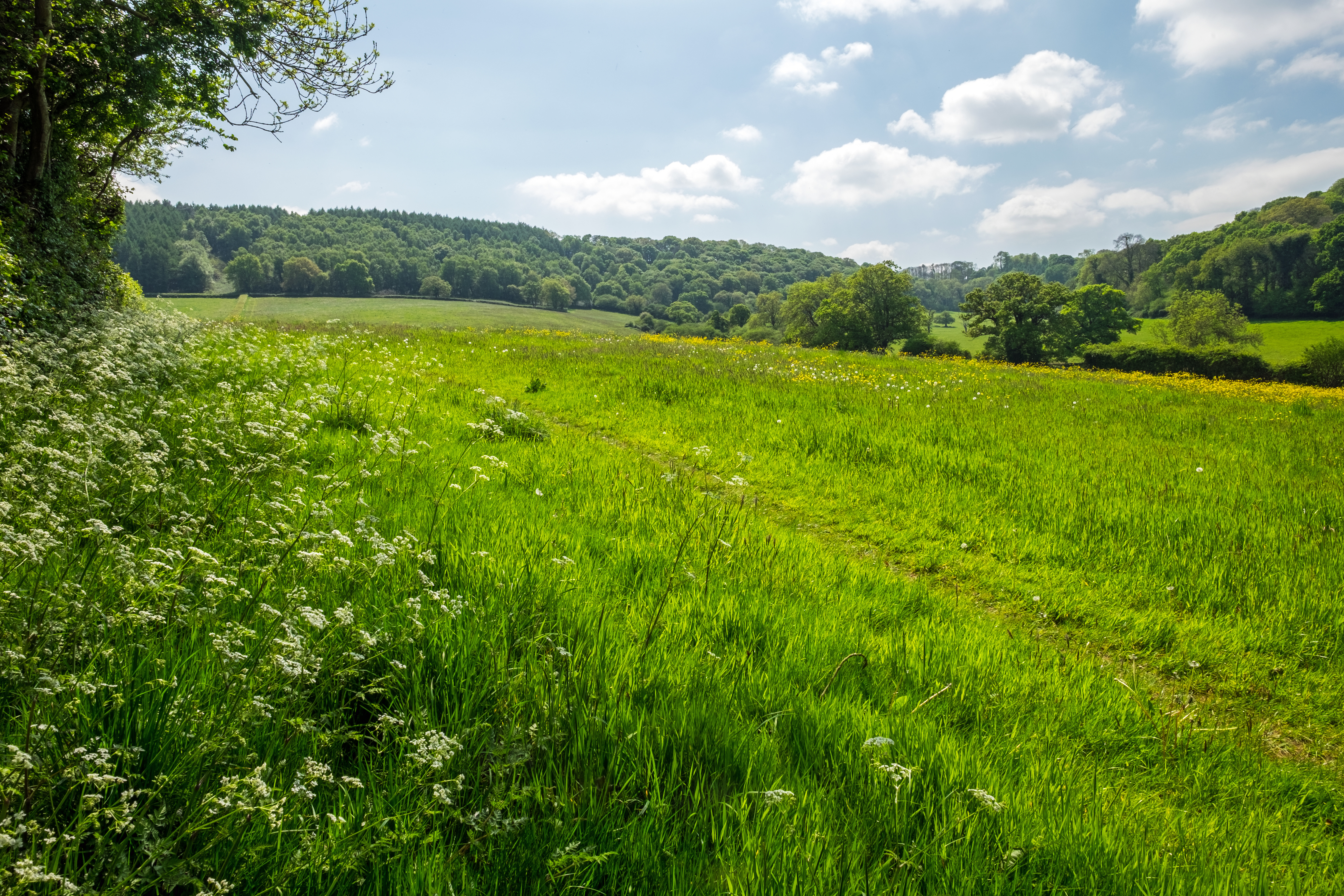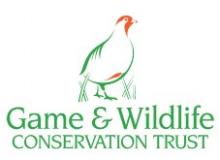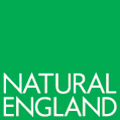A high level of biodiversity usually indicates a richness of species which in turn is likely to reflect a diverse and healthy habitat. Hence biodiversity can be seen as a measure of the health of our ecosystems. This is important not only for species conservation but also because healthy ecosystems provide us humans with all the raw materials, food, medicines, ecosystem services, knowledge, inspiration and everything else we need to survive and flourish. Biodiversity is the natural capital on which we all depend and so its continuing degradation through processes such as unsustainable land use, climate change, pollution and invasive species, is a material threat to humankind.
In the UK the Department for Environment, Food and Rural Affairs (Defra) recognises that a significant proportion of the potentially best wildlife habitat in the country is currently in unfavorable condition and that this reflects a serious decline in biodiversity. It has been estimated that populations of mammals, birds, fish, reptiles and amphibians in the UK may have declined by as much as 70% since the 1970s. No wonder then that the UK sits within the bottom 10% globally and ranks lowest amongst the G7 nations in terms of biodiversity. Successful reversal of this trend will require enormous efforts and importantly will require targeted partnerships between conservation NGOs, farmers, landowners, scientists and government.
The concepts of biodiversity net gain (BNG) and rewilding are potentially important tools for nature recovery in the UK.






